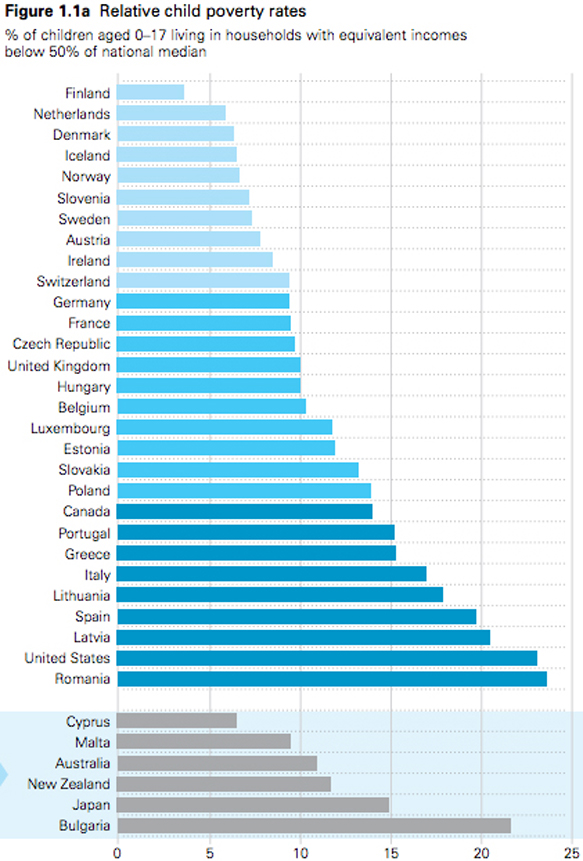The Unbearable Whiteness of the American Left
(Reuters/Joshua Lott) By Gary Young | Originally Published at The Nation. April 23, 2014 At a panel titled “Grassroots Organizing” at the Network for Public Education conference in Austin in March, an audience member asked the all-white panel for its definition of “grassroots.” The conference had been […]
Is There an Alternative to Accountability-Based, Corporate Education Reform?
By Paul L. Thomas, Ed.D. | Originally Published atThe Becoming Radical. August 20, 2013 and AlterNet. April 22, 2014
During three decades of accountability based on standards and high-stakes testing at the state level and another decade-plus of federal oversight of that accountability, the overwhelming evidence has exposed accountability as a failed network of policies in education reform.
Education reform in the U.S. now faces a potential watershed moment in which setting aside accountability and embracing a school reform agenda that acknowledges social and educational inequity offer a promise of success that accountability, standards, and high-stakes testing have failed to achieve.
First, education does not exist in a vacuum. Teaching and learning are impacted by out-of-school factors and impact the world beyond the walls of schools; thus, the primary foundation upon which education reform must be built is acknowledging that the U.S. has one of the highest childhood poverty rates among nations against which U.S. schools are commonly compared:
Next, another powerful example of inequity in the U.S. is that upward mobility has stagnated—notably in the top and bottom fifths—and, as Matt Bruenig has explained, “you are better off being born rich regardless of empathyeducates – Is There an Alternative to Accountability-Based, Corporate Education Reform?:
4-26-14 the becoming radical EMPATHYEDUCATES! | A Place for a Pedagogy of Kindness by P. L. Thomas, EdD
THE BECOMING RADICALRadical ScholarshipEMPATHYEDUCATES!the becoming radical A Place for a Pedagogy of Kindness by Common Core Movement Never about Teaching and Learning, Always about TestingIllustration; Back To School by Adam Zyglis September 3, 2013 By Paul L. Thomas, Ed.D. | Originally Published at The Becoming Radical. April 24, 2014 As of April 24, 2014, I am tired to the core of writing abo



